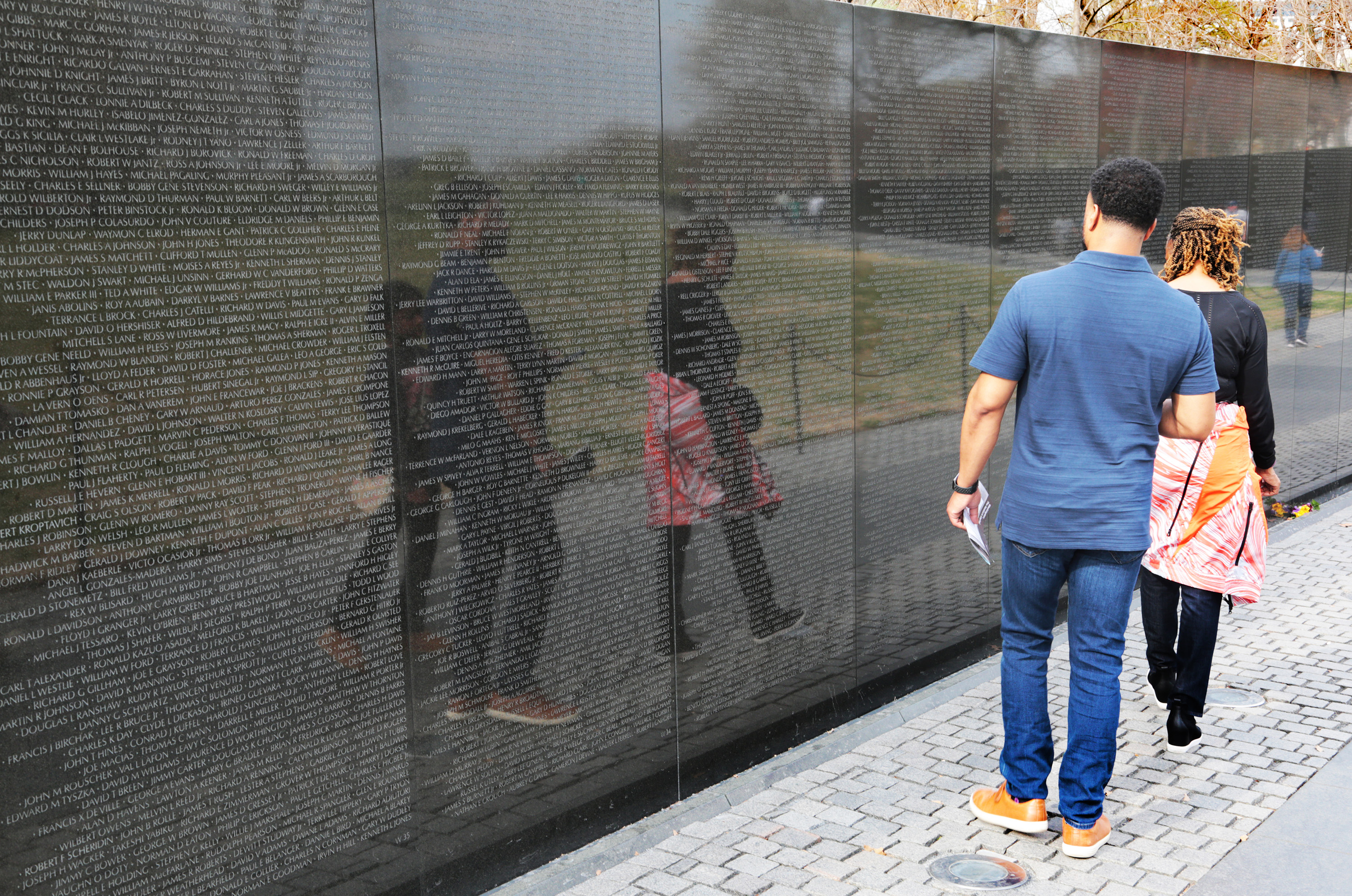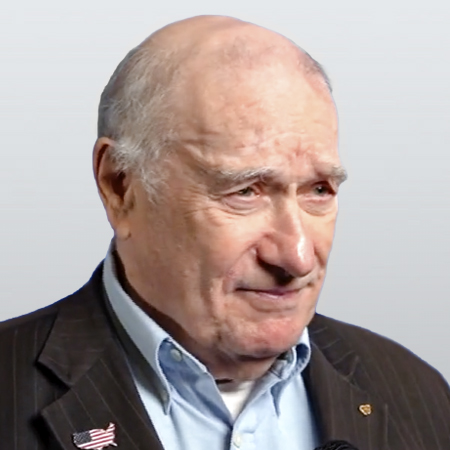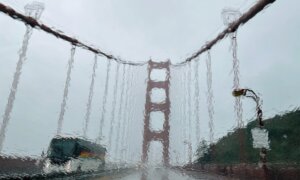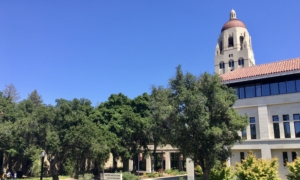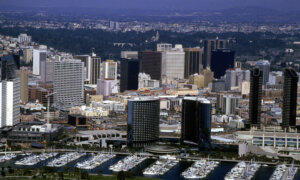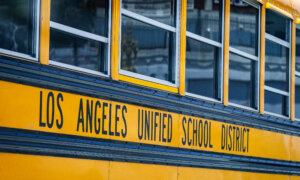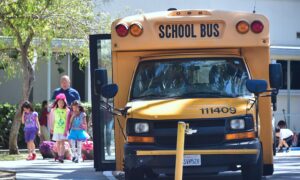Commentary
In the early morning on Sunday, May 26, a few handfuls of Vietnam veterans and some family members gathered at the California Vietnam War Memorial in Capitol Park in the state’s capital, Sacramento. The Memorial is located at the far end of the beautifully landscaped 40 acres of Capitol Park filled with trees, shrubs, and flowers from around the world.
In an atmosphere of reverent silence and occasional quiet chatter nearby, an aging and diminishing number of Vietnam vets read the names of 5,575 Californians, whose average age at death was 22. So many died so young for the lives and liberties of unknown millions. Their names are inscribed on the granite walls of the Memorial.
Thousands of others—Missing in Action (MIAs) and Prisoners of War (POWs)—remain unaccounted for. They were officially declared dead, photoshopped from history, and, except for a few, fully forgotten.
The number of Californians who served (350,000) and died (5,575) outnumbered those in any other U.S. state. Many were patriotic Mexican Americans, mostly volunteers. Until President Nixon ended the draft, Vietnam had a larger percentage of volunteers than WWII and Korea.
Some 90 percent of Americans who served did so proudly despite a war protested by a passionate minority back home; despite being spit on upon their return home; despite the “war crimes” show trials of Bertram Russell and the recruited “Winter Soldiers” of John Kerry/Jane Fonda and Vietnam Veterans Against the War (VVAW); despite the histories of Howard Zinn and Ken Burns; and despite current school curricula.
Creation of the Memorial
Originally building the Memorial was a big political struggle. Amputated Vietnam War veteran B. T. Collins, a former advisor to anti-war Governor Jerry Brown, assisted by Pete Conaty, led the fight against initial opposition in the California Legislature.
The memorial was finally nestled in a tiny portion of the 40-acre Capitol Park. It was dwarfed in acreage by the larger adjacent World Peace Rose Garden and a Cactus Garden.
Once built, the Memorial became the immediate target of vandals. Aided by Army Col. Pete Conaty, who had escaped death inches away from a dead comrade in Vietnam, Richard Ottis received 750 offers to volunteer to guard the memorial 24/7. From June through November 1988, some 457 people defended their sacred memorial from “peace-loving” vandals.
Fading Memories
Nationwide, for most Americans, Memorial Day has become a day of forgetfulness of its solemn purpose—honoring the fallen dead in war, as Americans have since Lincoln and the original Decoration Day.
For most Americans, who are free and feeling secure, Memorial Day has become a day to enjoy picnics, parades, watching the Indianapolis 500, and eating burgers, hot dogs, burritos, and nachos. It is “Happy Memorial Day.”
The solemn, and largely forgotten, purpose of Memorial Day is to honor those who died so future Americans could live free and enjoy holidays off work.
Searching for the Meaning
While dedicating a Soldiers’ National Cemetery, Abraham Lincoln called deaths in the Civil War the “last full measure of devotion” at the bloody battlefield of Gettysburg. On Nov. 19, 1863, Lincoln captured the meaning of a Memorial Day, and its monuments were not yet built.
“We have come to dedicate … a final resting place for those who here gave their lives … The brave men, living and dead, who struggled here, have consecrated it far above our poor power to add or detract. The world will little note, nor long remember what we say here, but it can never forget what they did here. … We here highly resolve that these dead shall not have died in vain—that this nation, under God, shall have a new birth of freedom—and that government of the people, by the people, for the people, shall not perish from the earth.”
The Memories
On scene on Sunday, California vets and their families shared their memories and views.
Former U.S. Navy Master Chief Paul Copsey said of the Vietnam dead, “But for the grace of God go I.”
Appropriately reflecting the feelings of Mr. Copsey, the program ended with a rendition of Amazing Grace.
“Amazing grace, How sweet the sound
That saved a wretch like me.
I once was lost, but now I am found,
Was blind, but now I see.
… Through many dangers, toils, and snares
I have already come,
‘Tis grace has brought me safe thus far
And grace will lead me home.”
Mr. Copsey felt he had been close to death but for a key strike of a typewriter. He got an assignment far from the fighting.
Like Mr. Copsey, Sgt. Bill Lloyd said he was so lucky to come home alive and therefore he was obligated to “remember those who gave everything.”
For the few who served on the line in Vietnam, unlike most wars, every single day was a patrol or flight into danger. It was patrol after patrol with precious little respite.
A normal year of duty was enough for most Americans.
In bloody contrast, the South Vietnamese fought the invading communist troops from the North for decades until the horrible end. According to Virginia historian Robert Turner and others, more died in the two years after the war than in the prior 14 years.
For those very few South Vietnamese who escaped midnight assassinations, reeducation camps, forced relocations to farm sterile soils, and murderous and raping pirates, sanctuary was found somewhere. Fewer still of America’s allies made it to America.
Indeed, California Assemblywoman Stephanie Nguyen (D-Elk Grove) tearfully thanked those gathered, “Me and my daughter would not be here without you. Vietnam was not a waste.”
She said her grateful family and thousands of other Vietnamese had done well in America.
Richard Ottis, of the Army’s 101st U.S. Airborne, said he wanted “to give his two cents” to remember those who died to stop the communist takeover of a free South Vietnam—to honor his best friend Pete J. Weidiemier.
Mr. Ottis wrote a poem commemorating Pete. (Ruthlessly edited here for length.)
“Blood Brothers”
“I can still see your golden hair blowing in the breeze.
Your bright blues sparkling with life, your kind smile happy and free.
… Boy Scout knife with just a smidgen of red.
Blood mingling Blood Brothers till the end.
… That little bit of your blood I’ll carry till I’m old.
… See you again.
As we sit in the palms of God’s hands like old times
And be Blood Brothers and best friends.”
Phil Ramos, a local leader among Vietnam vets, confessed to “survivor’s guilt” making his activism a healing process.
The program concluded, and the reading of the names continued as darkness approached.
Patrick Graham, who served in the U.S. Air Force in Vietnam and in the Gulf War, was the major organizer of the event and a leader of Vietnam Veterans of America, Post 500 (Sacramento).
Mr. Graham said, “I hate to see us losing Vietnam vets. Their memories ought not be forgotten.”
Who will remain to keep the memories of their honorable service in Vietnam despite incompetent national leadership and vicious condemnation during the war and since?
Who will take up their vacant posts when they are gone?
Only history will decide who gets to write it.
